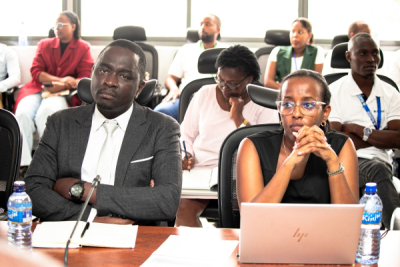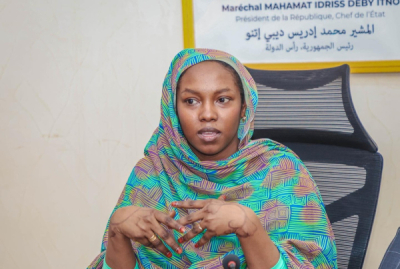During Buhari's presidency, Isa Pantami, the former Minister of Digital Economy, succeeded in making Nigeria shine on the international technological and digital scene. His successor wants to do even better in the next four years.
Bosun Tijani (photo), the Nigerian Minister of Digital Economy appointed last August, plans to lead Nigeria into the ranks of thriving digital nations. To this end, on August 2, 2023, on X (formerly Twitter), he unveiled a draft strategic plan that would serve as a catalyst for the development of the technology economy over the next four years.
The plan, entitled "Accelerating our collective prosperity through technical efficiency", is built around five key economic pillars: Knowledge, Policy, Infrastructure, Innovation, entrepreneurship & Capital (IEC), and Trade.
According to the Minister, the plan has been carefully drafted based on extensive engagement with stakeholders from the Ministry of Digital Economy, departments, units and parastatals, ecosystem stakeholders, and his immediate team.
Among other things, the plan in its implementation calls for the training of 3 million tech talents by 2027, increasing the digital literacy level of the population to 70% by 2027, and positioning Nigeria in the top 25th percentile of research globally in 6 key areas: artificial intelligence (AI), unmanned aerial vehicles (UAVs), IoT, robotics, blockchain, and additive manufacturing.
In terms of infrastructure, the government's ambition is to provide data download speeds of 25 Mbps in urban areas and 10 Mbps in rural areas by the end of 2025. Coverage will also be increased to 80% of the population, with a particular focus on underserved and unserved populations.
Aware that startups play a vital role in the development of the digital economy, the government plans to increase to 100% the number of technology startups with access to public procurement opportunities in Nigeria. To this end, the Ministry and its partners are committed to supporting programs focused on AgriTech, HealthTech, EdTech, MediaTech, CleanTech, CreTech, among others.
Speaking of commerce, which is the final axis of the strategy, the federal government plans to increase spending on e-commerce to $75 billion by 2025. The aim is to boost Nigeria's participation in global technology trade over the next four years.
The plan, which will be continually refined, is in line with President Bola Tinubu's program unveiled last May. The program is based on seven strategic axes, including the creation of one million jobs in Nigeria's ICT sector within the next two years.
Samira Njoya



















